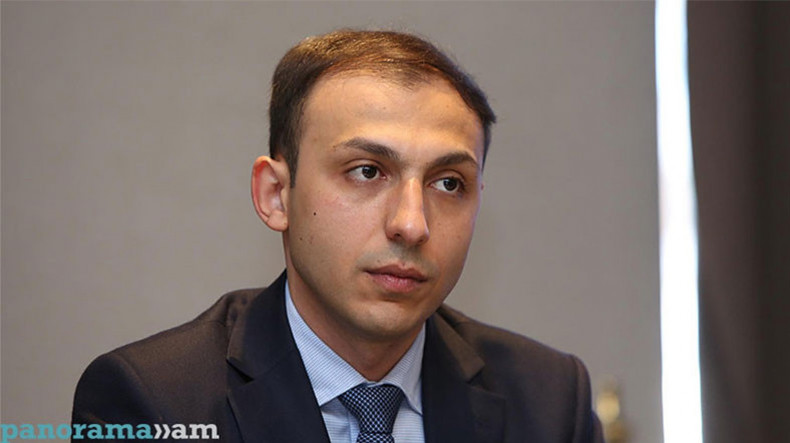
Artsakh ombudsman: Lachine corridor closure risks 'irreversible humanitarian consequences'
Human Rights Defender Gegham Stepanyan of the Artsakh Republic has issued a message on Human Rights Day observed annually on December 10. His full message is below.
"Today is Human Rights Day.
Yet another occasion to think about how and to what extent human rights are protected in the world, to ask ourselves whether people living in all parts of the world enjoy the same rights and freedoms.
Today we also celebrate Artsakh’s Independence Referendum and Constitution Day. The day, when we, having exercised our right to self-determination, expressed the will to independently live and to decide our future.
However, more than two years have passed since the establishment of the Trilateral Statement on Ceasefire, which was supposed to end the war unleashed by Azerbaijan against Artsakh in 2020 and ensure peace in Nagorno-Karabakh, but what we have is far from being called peace.
For two years now, the Azerbaijani side has resorted to many crimes by killing, kidnapping and torturing civilians, destroying their property and cultural heritage, deliberately disrupting the operation of critical infrastructure, and encroaching on the psychological and physical integrity of the entire population of Artsakh. Those are facts behind which human destinies, destroyed lives and their vague future stand.
Now Azerbaijan is actively trying to close the Lachin corridor, which is the only road connecting Artsakh with the outside world. Closing the Lachine corridor even for a few hours is fraught with irreversible humanitarian consequences. But Azerbaijan neglects human rights, even of its own citizens. Azerbaijan further promotes its criminal policy aimed at the eviction of the native Armenian population of Artsakh.
Human rights are universal and Artsakh people deserve all the rights as everyone in the world. I appeal to the big international family, asking for action to prevent another genocide and protect the rights of my people. The existing evidence is more than enough to put international mechanisms into action. This is not the responsibility of one or several actors, but the common responsibility of the whole international community.
I expect only impartiality and courage from you.
Thank you."
Newsfeed
Videos






























